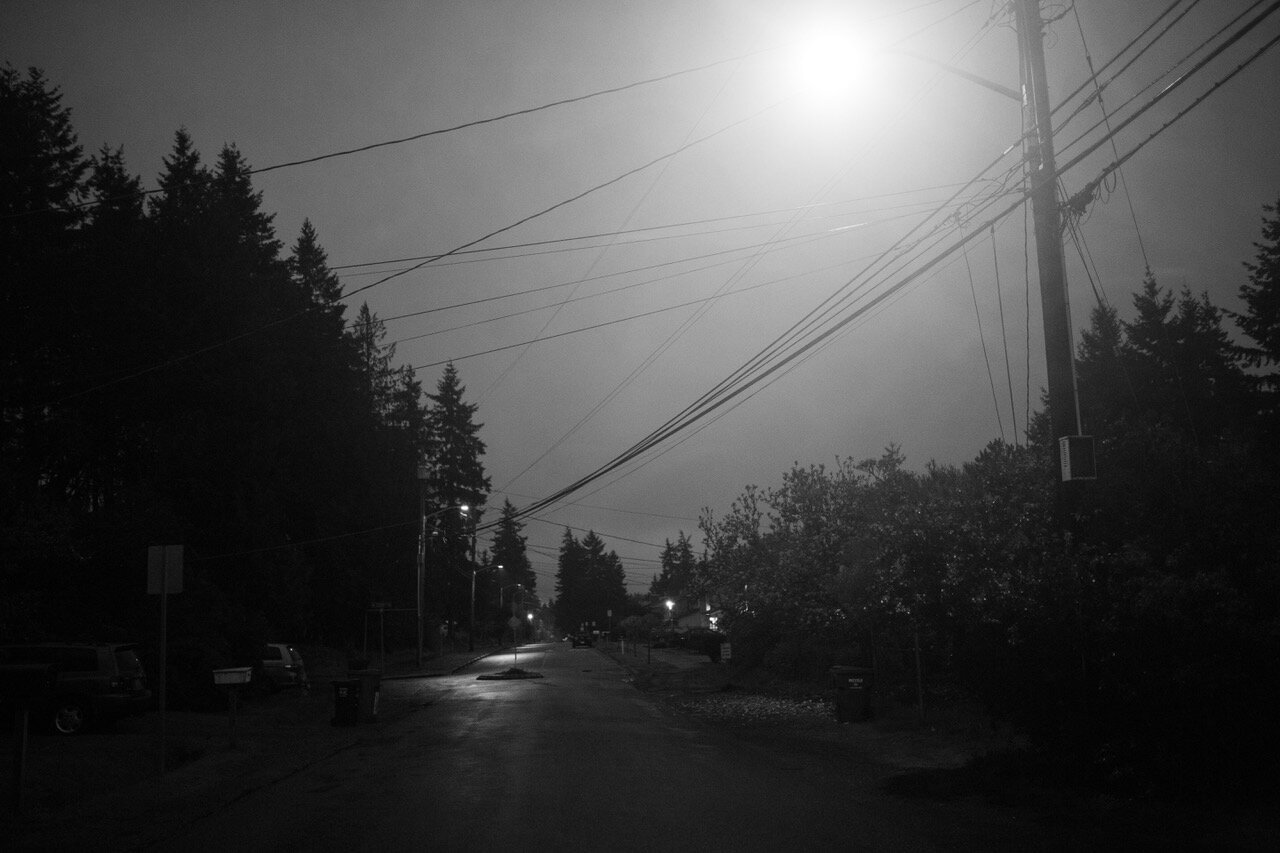Prophets are the unwelcome cowboys of God who make their way into the city. They come into the world as a most peculiar bunch. The grit that naturally accompanies them seems almost other-worldly. They have dirt under their fingernails because they've got their hands in the earth like Yahweh. They snarl at a Thomas Kinkade painting because his paintings don't tell the truth. Prophets are storytelling folk artists - bending copper, wire, rebar, and sheet metal into roosters who crow at 4:00 AM – "WAKE. THE HELL. UP!"
They're disinterested in playing it safe and keeping everyone comfortable in their skin. Words of "woe", "destruction", "wrath", "repentance", and "judgment" are frequently on their lips. A prophet laments when everyone else is well into their cup at a party. A prophet is lonely in a crowd. A prophet stays awake when everyone else sleeps. Outwardly they appear unkempt, but that's because inwardly, their souls are purified and polished by the Spirit of God himself.
They're the truth-telling sort of men and women that make good, honest, church-going people quite nervous. Like the sledgehammer in the shed out back, they're not much to look at, are easily forgotten, and are heavy, dull tools of weight. Prophets disrupt the status quo precisely because it is the status quo. Their diets are meager, their clothing is entirely out of fashion, and their language is so holy that it sounds crass to soft ears, indifferent hearts, and hardened consciences.
They are disregarded as unsophisticated, untimely, podunks from backwater towns and the scoffers in elite cities make sport of their so-called "calling." The forerunner to Jesus ate insects and spoke truth to power and lost his head for it at strip party. When Jesus spoke of the prophets, he emphasized not their religion but their rejection.
They were sad men and women for every reason under the sun. Why? To have a call from God Almighty - why does that come with such a depressing tax? Because that is the nature of truth in a society that loves lying. It is sad precisely because there is always a counter-argument. But it's not just a counter-argument; the rejection always comes with scoffing, name-calling, and questions surrounding their own mental and emotional health. After all, who marries a prostitute? What kind of wild man stands at the intersections of culture that rage over defunding the police, Planned Parenthood, and the possibility of delaying an election and continues to shout those two words that make everyone blush – Jesus saves?
The prophets love Johnny Cash, not only because of his wit or creativity with country music… It's because he wears black. Cash and the Tennessee Two had something to say no matter if it were on the radio or playing for free food at the local honky-tonk. The prophets had a fire in their bones, truth on their minds, and vision for God's people to be who they already were. They drive the people of God to stop pandering to the world around them because they know that when compared to Jesus, the very best this world has to offer is a Jack in the Box drive-thru and one night stay at Motel 6.
In a world that loves vague sentimentalities, the prophets are despised because they are too loud, too clear, and too straight forward on loving your neighbor and pursuing justice in the name of God.
Politicians can't buy the prophets. These cowboys of God didn't choose their occupation for their ego to be stroked by paparazzi, fanboys, and invitations to the local reindeer games.
Prophets are content with being resented like a barking dog in the middle of the night.
Prophets are men and women who count the cost and are willing to say the truth come hell or high water, and they damn well know it's coming.
Ezekiel was lying on his side by the campfire in a fever-trance. Hosea was found at the auction block of Gomer. Jeremiah's sadness was seen in his bloodshot eyes.
Prophets don't get invited to parties, but when they do, they're the butt of every joke. Among the self-righteous religious crowd, the prophets aren't taken seriously; they're donkeys, and all the crowd hears is "HEE HAW" when they pray. These lightning bolts from heaven are the grace of God in a world set on fire by hell. We would do ourselves, the world around us, and most certainly, God himself a great service to listen to the cowboys and donkeys. More often than not, they're the ones through whom God is speaking.
















